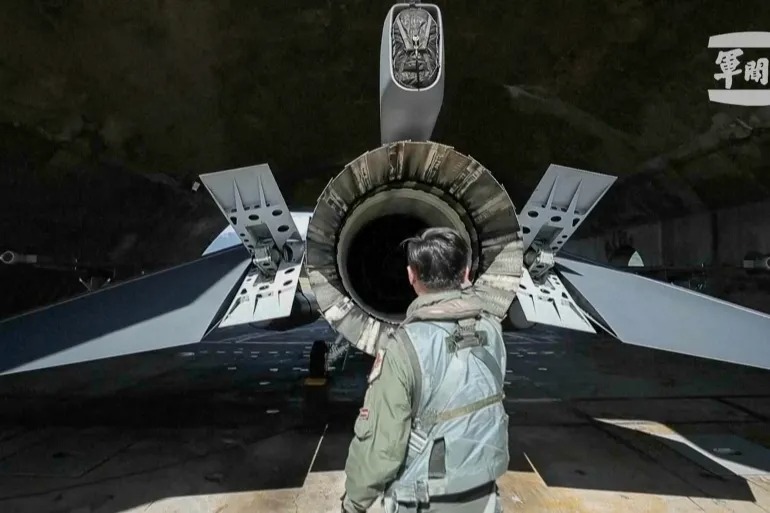The United States has approved military aid to Taiwan under a program traditionally reserved for sovereign states, a move that is poised to incite anger in Beijing. The decision comes as tensions between the US and China continue to escalate, primarily centered around the status of the self-ruled democratic island of Taiwan. This maneuver could potentially reshape the geopolitical landscape of the region, setting off a wave of diplomatic reactions and political deliberations on both sides of the spectrum.
Unprecedented Move Sparks Diplomatic Ripples and Heightens Geo-Political Uncertainty
The Department of State communicated its approval of an $80 million aid package to Congress on Tuesday, marking the first instance where Washington has extended assistance to Taipei under the Foreign Military Financing (FMF) program. Typically reserved for sovereign nations, the FMF program’s inclusion of Taiwan signifies a significant shift in the US approach toward the island. This move, however, is likely to provoke China, which adamantly asserts its claim over Taiwan, considering it an integral part of its territory.
Taipei Welcomes Assistance as China’s Military Activities Escalate in the Region
Taiwan’s defense ministry expressed its gratitude for the approved aid, emphasizing its potential to contribute to regional stability. In recent years, China has intensified its military maneuvers in proximity to Taiwan, coupled with diplomatic isolation efforts since President Tsai Ing-wen’s election in 2016. As Taiwan prepares for its upcoming presidential election, the island’s leadership continues to advocate for the autonomy of its people in determining their future course.
US Congress Approval Imminent, Reflecting Bipartisan Support for Taiwan
The approval of the military aid package requires the endorsement of the US Congress, a step anticipated to encounter little resistance due to widespread support for Taiwan among lawmakers across party lines. Michael McCaul, Chair of the House Foreign Affairs Committee and a Texas Republican, voiced his approval of the aid provision, emphasizing its significance in strengthening regional democracies and fortifying the US deterrence posture against an increasingly assertive Chinese Communist Party.
As the US-China relationship navigates uncertain waters, the inclusion of Taiwan in the FMF program signifies a strategic shift that holds the potential to reshape the balance of power in the Asia-Pacific region. While Washington asserts that the aid doesn’t imply recognition of Taiwan’s sovereignty, it nevertheless underscores the United States’ commitment to ensuring Taiwan’s self-defense capability and regional stability.
















